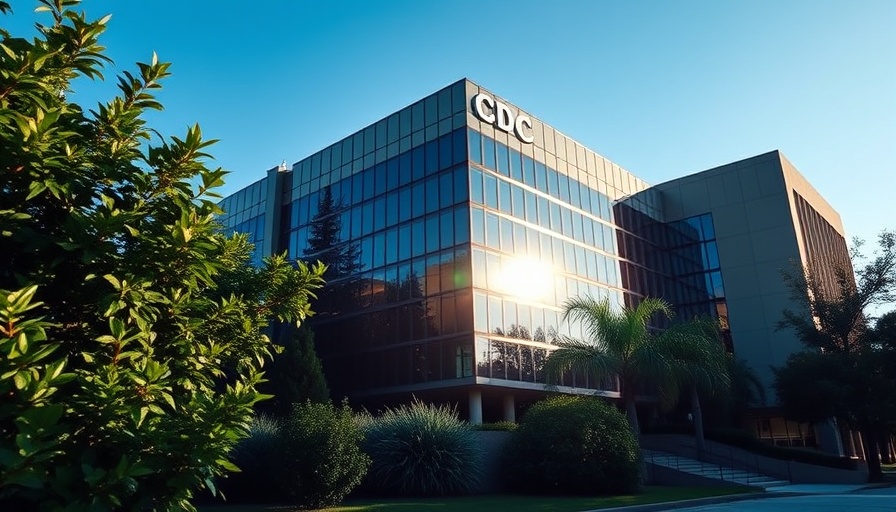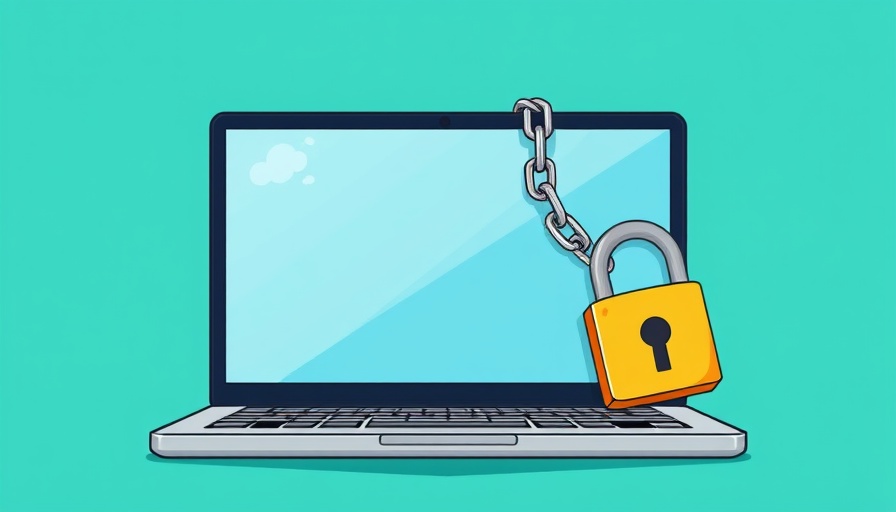
A Wake-Up Call for Public Health Safety
The recent tragedy at the CDC headquarters in Atlanta, where a shooter took the life of police officer David Rose, serves as an alarming wake-up call. The suspected motivation associated with anti-vaccine sentiment sharply highlights a troubling trend — a growing disregard for the safety of public health workers who serve as gatekeepers of essential information and resources. This incident is not an isolated case; it's a reflection of a deteriorating environment where misinformation and inflammatory rhetoric can incite violence.
The Role of Leadership in Crisis
In moments of crisis, effective leadership is critical. The delayed response from Health and Human Services Secretary Robert F. Kennedy Jr. adds to the narrative of neglect towards CDC employees feeling abandoned in the face of violence and threats. Their sacrifices must be honored with firm action, not just vapid statements. Leaders must strive to regain the trust of frontline public health workers who feel betrayed amidst efforts to undermine their credibility.
The Weight of Words
The rhetoric used by leaders and influential figures has a serious impact on public perception. When they describe health professionals as grifters or enemies, it fosters a culture of dehumanization. The recent comments from FDA official Vinay Prasad, who expressed a lack of belief in forgiveness for public health figures, are emblematic of the frustration pervasive in the environment — one that can spill over into violence. Encouraging empathy and understanding must replace this toxic language.
Looking Forward: A Community Responsibility
It's imperative for communities to unite and support public health efforts by fostering a climate of respect and understanding. Citizens should demand that leaders advocate for the safety of health professionals instead of perpetuating divisive dialogues. We must collectively work to combat misinformation and empower public health workers, ensuring that their invaluable contributions are recognized and protected.
Conclusion
To safeguard our public health infrastructure, we need to change the narrative, promote respectful dialogue, and support the professionals who tirelessly work to keep us healthy. Advocate for action that protects those on the front lines, because their safety is our community's health.
 Add Row
Add Row  Add
Add 




Write A Comment